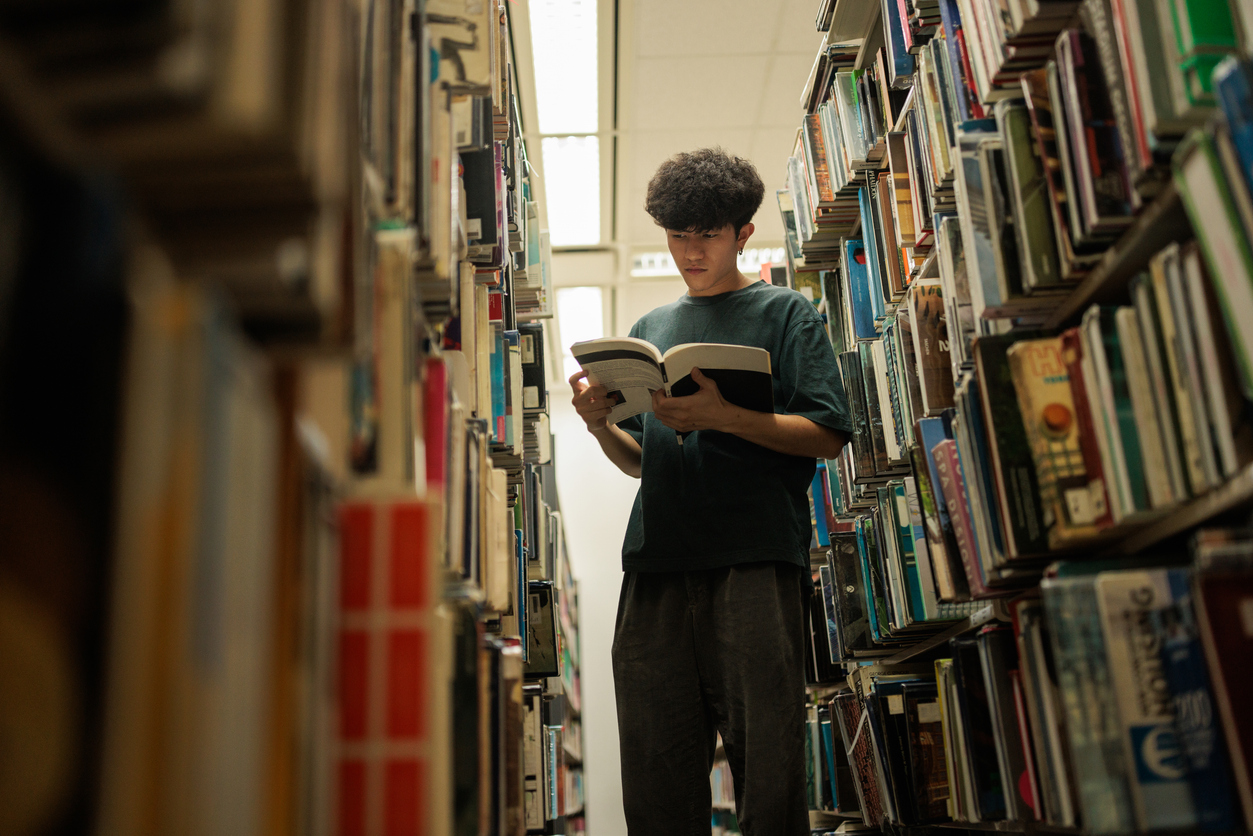How to support neurodivergent students with university applications
Preparing and applying for higher education can feel overwhelming to neurodivergent students. These strategies can help the process feel more manageable for them

It is now known – and generally accepted – that a neurodivergent student’s world looks and feels different from a neurotypical student’s world.
Neurodivergent students can struggle with areas such as organisation, anxiety, low self-esteem, meeting deadlines or focus. What can seem a simple task to a neurotypical student can feel like a monumental exercise for a student who is neurodiverse.
Given this fact, how can we, as future-pathways advisers, support neurodivergent students as they prepare for higher education?
A long and overwhelming process
Preparation for higher education can start as early as ninth grade (Year 10). In the school I work in, we start working with students in Grade 10 (Year 11), when they make the subject choices for their IB diploma.
Higher-education preparation isn’t just the actual completion and submission of university applications. It involves reflecting on “What might I want to study after school?”, “What country or countries might I want to study in?”, “What subjects should I then choose to study in the IB diploma, and how might these affect what I can do in the future?”, “What universities offer the courses I might want to take?”, “What universities are my best fit?”, “What universities are my parents happy for me to go to?”, “What grades do I need to go to these universities and how does that compare to my academic profile?”, “How do I apply to these universities?”, “What are the deadlines?”, “What documents do I need?”, “What if I don’t get in?”, “If I do get in, how do I start the process of admission – sorting out visas and so on?” and “Once I am in, will I like it?”
So it’s a long process, over a period of a few years, with many things to think about and do. It can all seem very overwhelming – for neurotypical students and definitely for neurodiverse students.
I am neurodivergent myself, and I know that when I am faced with a task that I don’t know how to do, or that makes me uncomfortable, or that I have no idea how to start, my natural reaction is to avoid it. This avoidance then leads to more anxiety, because I am aware that a deadline is approaching and I haven’t done the task yet. This in turn leads to more avoidance and more anxiety – not a helpful tactic.
I don’t think there is a one-size-fits-all approach to supporting our neurodivergent students. But here are some strategies that I have implemented in the past and continue to use when appropriate.
Strategies to help neurodivergent students apply for university
Set clear, bite-sized tasks
Set regular meetings with the student, with clear bite-sized tasks to do between each meeting. This breaks down everything into smaller steps, which can feel less overwhelming and more manageable.
If the student hasn’t completed the tasks by the next meeting, just remain calm. Talk to the student to find out why (maybe the tasks aren’t small enough and need to be refined) and set them again for the next meeting.
Sit with them while they submit their application
Sit with your students while they are applying. For example, to me, the Ucas application seems very straightforward and manageable, but many students find it overwhelming. Many times I have sat with a student while they complete everything on Ucas (except for the personal statement and choices), which means that they get it done quickly, can see lots of green ticks and are therefore much more confident that they can complete the application in time.
Use appropriate tools
Perhaps the student is avoiding writing the first draft of their personal statement. I find the Ucas personal-statement builder is a great tool to show them, as all they have to do is answer a set of questions, press “review”, download the result and send it to me. This then gives me a first draft, which I can work with to give them some actionable feedback.
The first draft of a personal statement often produces the most anxiety and avoidance, so this is an easy way of stepping over that specific hurdle.
Working on one thing at a time
If the student is applying to multiple countries, help them decide which to work on first, second or third, based on deadlines and priority.
I find that working on multiple destination applications at the same time can be too overwhelming and confusing for many students. If they can see that they don’t need to do that, it can help them manage their anxiety.
Make suggestions where necessary
I am not one to give lists of universities to students. However, if I have a student or family who are really struggling with making university choices, I will offer some suggestions based on the student’s academic profile and best fit. This helps turn a task which can seem impossible (choose five UK universities out of a list of 166) into one that seems manageable – but it also allows the student some autonomy in making the final selection.
Remain calm
So, in summary, supporting a neurodivergent student in our future-pathways department may look like:
- Regular, timely meetings
- Bite-sized tasks
- Using tools to navigate avoidance
- Offering ways to narrow down the choices on offer
- Sitting together to start or complete the application
- Remaining calm.
And, of course, you don’t have to be neurodivergent to benefit from the above.


